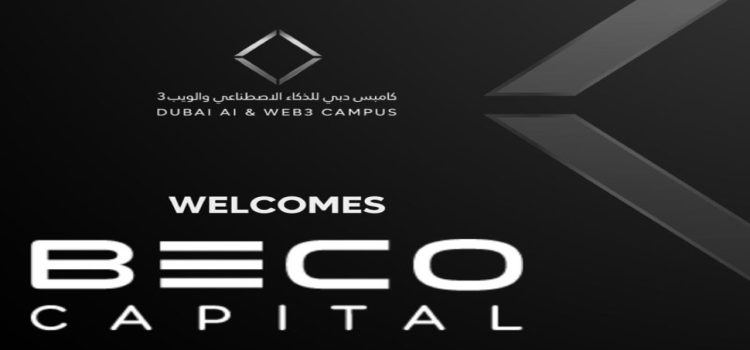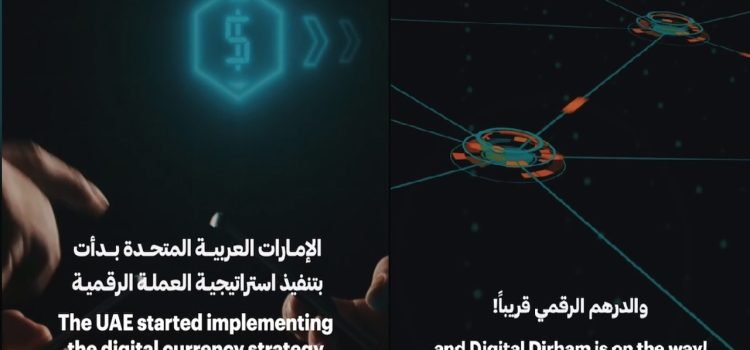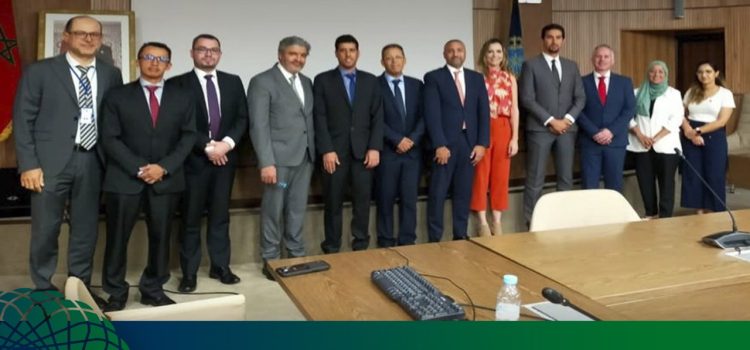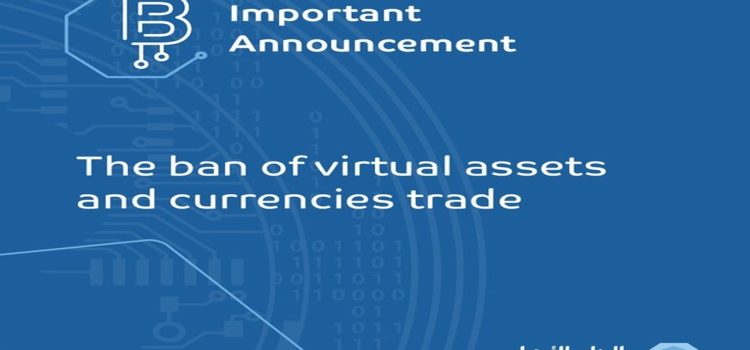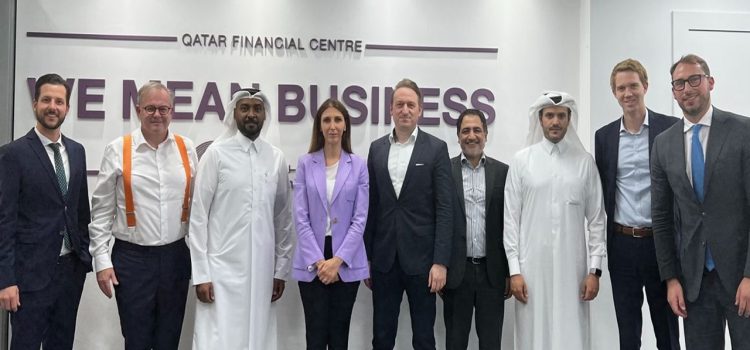UAE Crypto Oasis partners with Swiss Crypto Valley for WEB3FEST 2023 6 day festival between September 12th-17th in Zug and Zurich.
The Swiss WEB3FEST serves as a testament to their shared vision of ushering in the future of the internet. Crypto Valley, known for its pioneering role in blockchain and decentralized technologies in Switzerland and Lichtenstein, and the Crypto Oasis in MENA, a thriving hub for innovation, growth, and advancement, come together to present an event that encapsulates the essence of Web3.
Web3 encapsulates the upcoming phase of the internet, encompassing a spectrum of cutting-edge technologies including AI, Blockchain, Cryptocurrencies, Gaming, Sustainability, IoT, Metaverse, NFTs, and beyond.
Ralf Glabischnig, initiator of WEB3FEST, commented: “Our vision for this festival is to combine the exceptional potential of both Crypto Valley and Crypto Oasis. Switzerland is an outstanding location for founders looking to provide a regulatory home for their blockchain and Web3 startups. The Middle East offers a brilliant platform for these startups to scale internationally. With the launch of WEB3FEST, we aim to establish an annual Web3 event series worldwide.”
The festival sets off from September 12th to immerse participants and attendees in a dynamic journey through the diverse themes that define the Web3 realm.
NFT ART DAY: The festival’s curtain raiser on September 12th in Zug, will be a comprehensive survey exhibition of the Swiss NFT art scene and the inauguration of the Swiss NFT Timeline.
Web3 Gaming and Metaverse: The event’s second day invites attendees to dive into the realm of Web3 gaming and Metaverse projects. Engage with innovators and founders while gaining a deeper understanding of Internet Computer’s role in shaping the future of gaming. This will be followed by a tribute concert to Amy Winehouse combined with an AI-generated experience at the renowned Volkshaus Zurich.
Sustainability and Innovation: On the third day, the spotlight shifts to sustainability, and the role of AI and Web3 in building it. The European launch of The Green Block initiative, which underscores the festival’s commitment to sustainability and lines up to the launch of the first The Green Block report leading up to COP28 in the UAE.
Deep Dive Crypto Valley: Day four unravels the history of Crypto Valley in Zug with a deep dive into the ecosystem, with a focus on protocols and regulated digital assets businesses, where attendees can connect with the minds behind this vibrant blockchain hub. Engage in discussions with opinion leaders and investors over an exclusive brunch, lunch, or dinner that follows.
Ecosystem Unconference: Saturday, September 16th is all about connection and collaboration and open to the public to showcase tangible products and experiences. The Ecosystem Unconference, together with the Swiss NFT Association, welcomes forward thinkers from various domains. The Entire FIVE Hotel Zurich will be divided into experience areas focusing on AI, DeFi, Education, Longevity, Sustainability, NFTs, Real-world Assets, Gaming, and the Metaverse. This day will also witness the unveiling of the FIVE Zurich Metaverse by Pulse World.
Curtain Closer: The grand finale of the WEB3FEST will be a Networking Event on Sunday at the FIVE in Zurich. Attendees will have the opportunity to network over brunch and later by the pool, providing a relaxed setting to reflect on the festival, forge new connections, and plan for the year ahead. It’s the perfect ending to a week of innovation and collaboration.
The Swiss WEB3FEST is initiated by Inacta Ventures, Crypto Oasis Ventures, The Crypto Valley Association, and Trust Square, co-hosted by The Internet Computer, and is supported by the City and Canton of Zug in Switzerland.
Prior to this Crypto Oasis had announced that the orbs for WorldCoin ID verification were present at the crypto Oasis DIFC Innovation Hub office in Dubai.
As per Crypto Oasis post on LinkedIn,” We are currently supporting Worldcoin’s launch and spread across the UAE. Worldcoin is dramatically increasing access to World ID—the digital identity protocol powered by the Worldcoin ecosystem.”
Ornella Hernandez from Web3TV got scanned by a Worldcoin “orb” and signed up for a digital ID via the World App.
WorldCoin had announced in July 2023 that its orbs were available in the UAE.









